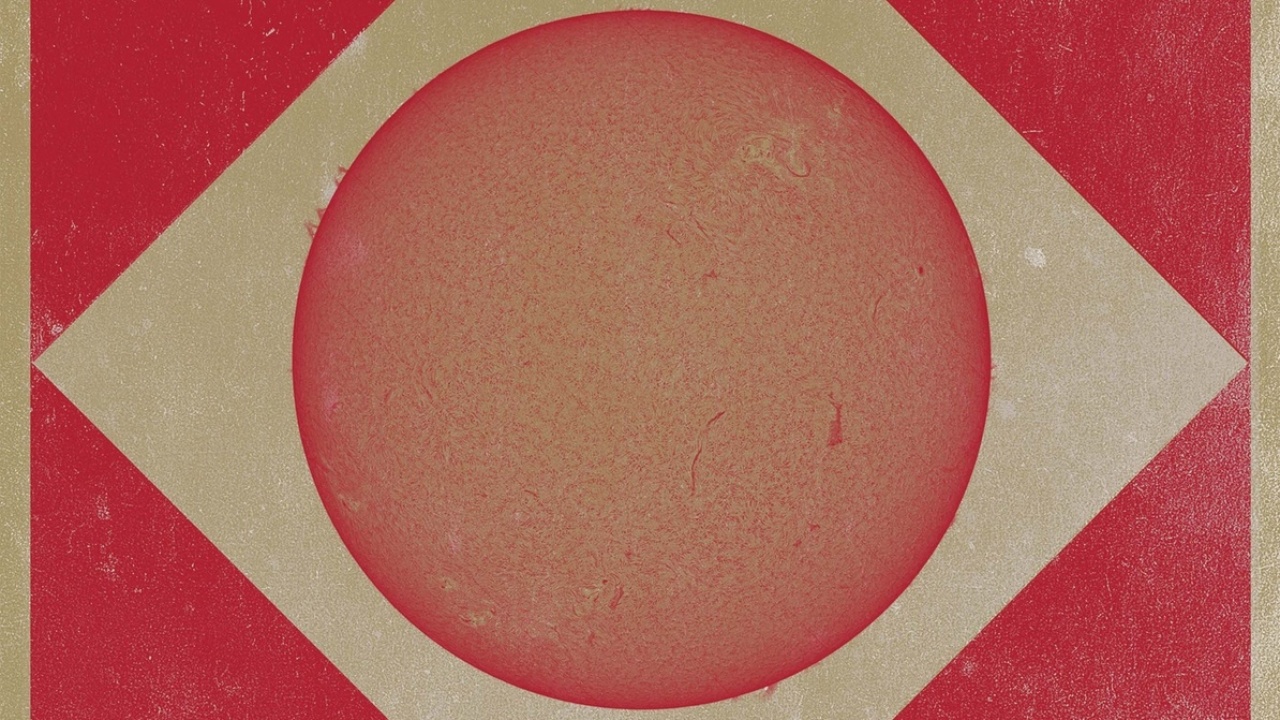The twinning of Sunn O))) and Ulver makes perfect sense. Both bands have made their names as sonic wayfarers with a shared love of doom metal and experimental noise, liable to head off into the avant-garde than rely on sheer volume alone. They first hooked up at the back end of 2002, when Ulver produced CutWOODED, the 15-minute epic that fetched up on Sunn O)))’s ear-bashing White1 album.
Terrestrials, the first full link-up between Stephen O’Malley’s US drone lords and Kristoffer Rygg’s Norwegian mavericks, may seem like a very belated reunion. But the sessions actually began in the late summer of 2008, when Sunn O))) were invited to Ulver’s Oslo studio after a festival gig. What transpired were three improvised pieces that began at twilight and ended just as the sun came up.
Rather than leave it in its spontaneous state, Rygg spent the next couple of weeks enhancing the details, after which O’Malley would drop by whenever he was in town to add overdubs. It was a process that lasted years rather than months, though O’Malley was ever mindful of preserving the chilled vibe of that initial session.
Timing appears to be key here. Sunn O)))’s last studio effort, 2009’s Monoliths & Dimensions, was a sustained study in abstraction. And while Ulver have long broken free of their black metal beginnings, few could have quite foreseen the arrival of last year’s Messe I.X-VI.X, a symphonic piece featuring the Tromsø Chamber Orchestra. What better time, then, to finally unveil the ambient grandeur of Terrestrials?
In truth, a fair chunk of this record is underwhelming. Opening composition Let There Be Light, for instance, is 12 minutes of slow-build, marked by vaguely Eastern drones, horns and Rygg’s wordless murmurs. The only concession to standard rock dynamics occurs three-quarters of the way in, when the brass suddenly gets brassier and cymbals slap and crash. Similarly, the 10 doomy minutes that make up Western Horn may be a passable example of prog concrète, but it feels unresolved. Instead, the buzzing intensity of the song hints at some huge climax that never actually arrives.
Far more successful is Eternal Return. Here the tension swells amid steadily rising feedback and strings, before Rygg begins intoning some ancient-sounding mantra over piano and a shiver of violins. At just under the quarter-hour mark it’s the best, and longest, of the three tracks on offer.
Informed by the minimalism of Philip Glass as much as the esoteric wanderings of Ravi Shankar, Terrestrials is certainly a worthy exercise, if not exactly an essential one.

